fossil fuels
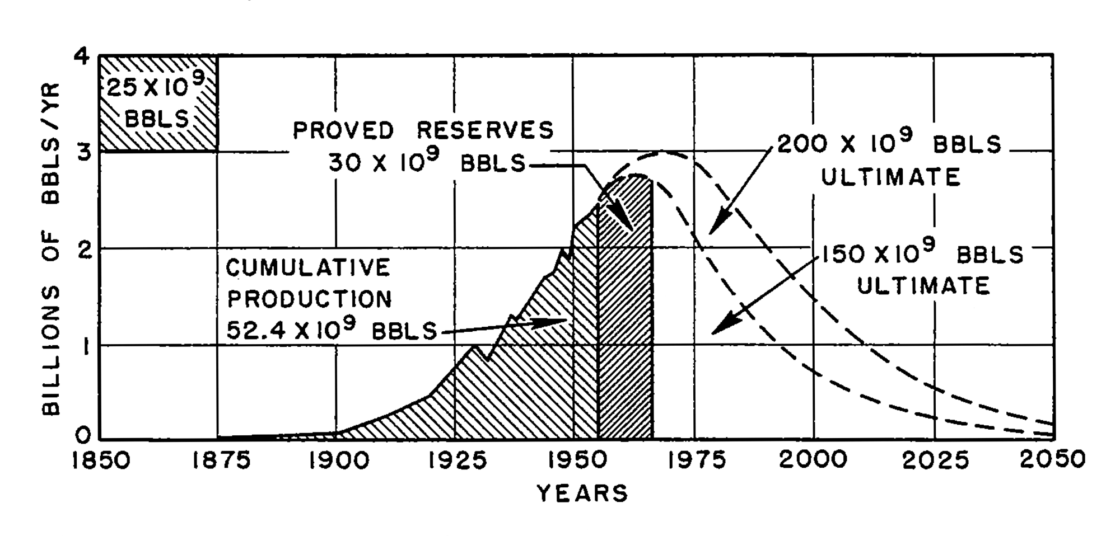
How were coal and petroleum produced? (NOT from dinosaurs!) How much is left? Can or when will we run out? The end of “cheap oil” will happen soon but we will probably not realize it until oil-producing countries can no longer keep up with demand, no matter how high the price. If we don’t phase out fossil fuels, climate change will become even more intense and oil will get too expensive for all but the most essential uses.
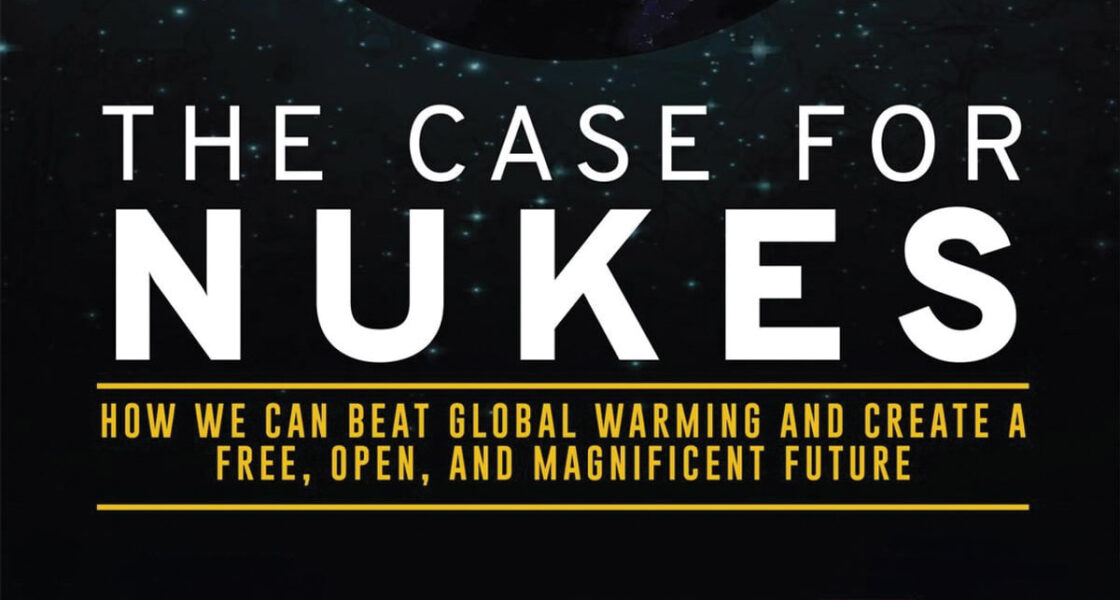
The world faces two energy crises: (1) too much, because we are changing the Earth’s climate and chemistry and so inviting global catastrophe; and (2) too little, because the bulk of humanity still lives in poverty, without enough for a decent standard of living. The answer to both is to go nuclear. Upon examination, the arguments made against nuclear energy, including: emissions, waste disposal, accidents, and proliferation are shown to be exaggerated, unfounded, or soluble using even currently available technology.
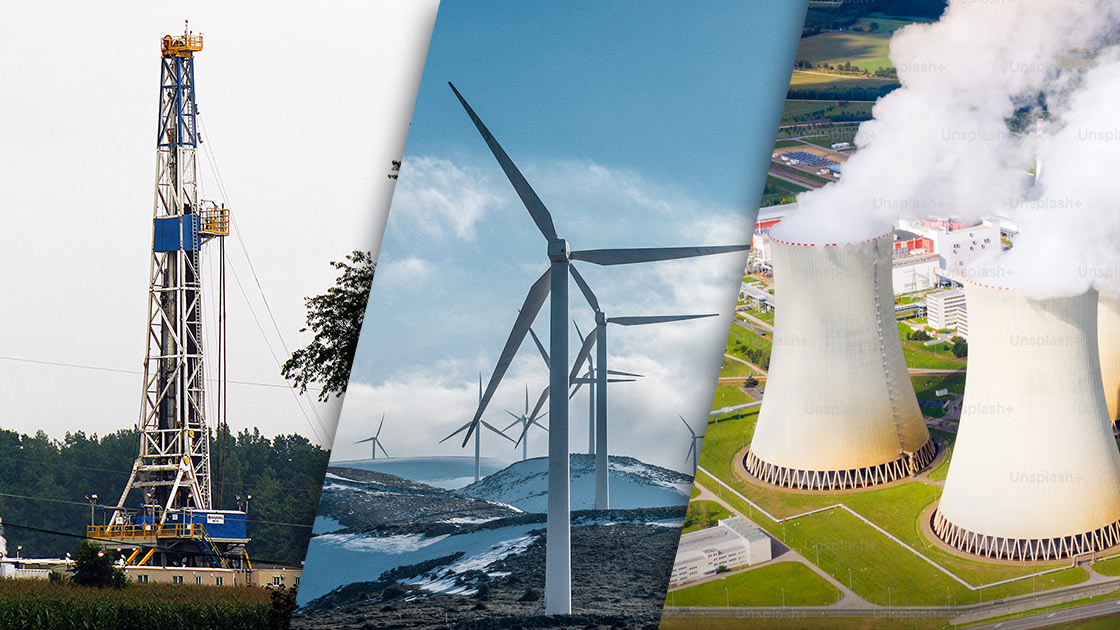
The Paris Accords have been a failure in reducing global warming. Solar and wind energy have not been the panacea environmentalists promised. To avoid catastrophic economic impacts, the United States needs to keep producing oil and gas until other ways of mitigating global warming can be found. Fracking has helped turn the United States into the world’s leading oil and gas producer. But the health of future Earth relies on keeping a strong economy while we transition away from oil…
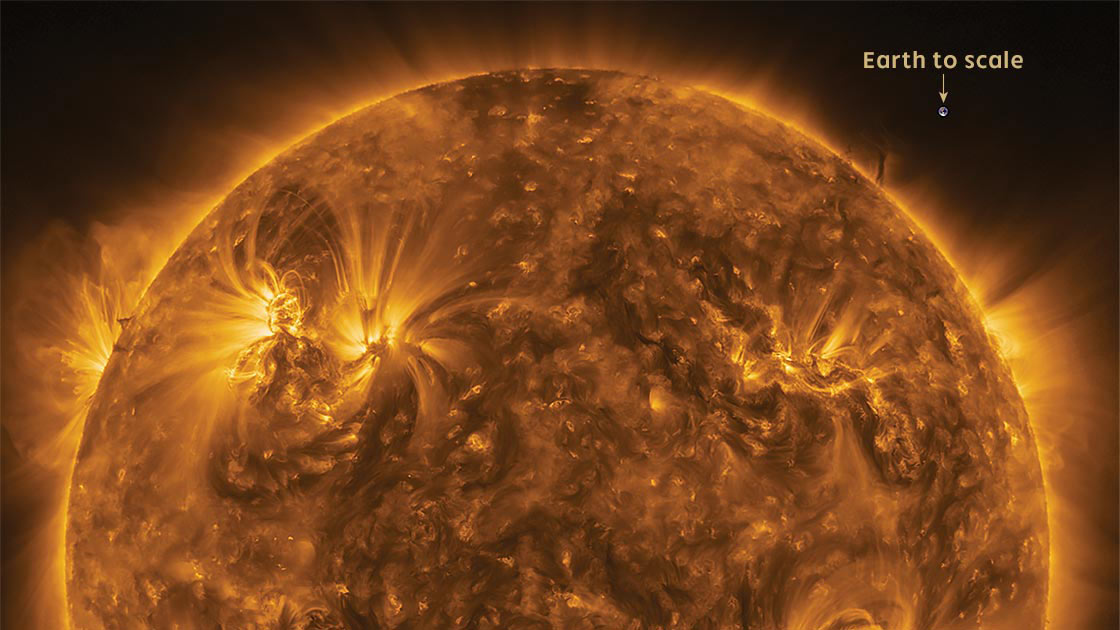
Advances in civilization are driven by the availability of excess energy. As the human population has exploded over the past two centuries, the global consumption of energy has also drastically expanded. But the current economic model is unsustainable without the development of a clean, unlimited source of energy. Space-based solar power (SBSP) can directly access the power of the Sun, and has the potential to be that clean, unlimited baseload power source of energy for the entire planet.
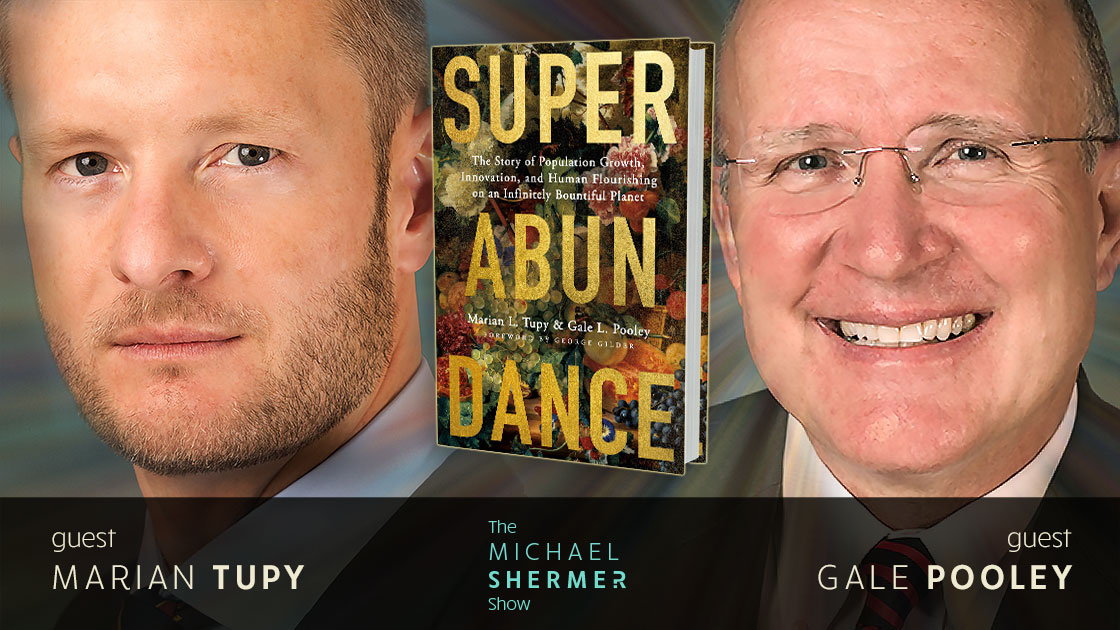
Shermer, Tupy, and Pooley discuss: why we long for the “good ol’ days” • the Malthusian trap • Ehrlich’s predictions on overpopulation • the birth dearth • the Simon Abundance Index • compound interest • What does it mean for the economy to grow 2–3% a year? • accumulating wealth • what poorer countries need to do to become richer countries • running out of fossil fuels • Obama’s “you didn’t build that” speech • inflation • electric vehicles •…
In this week’s eSkeptic, we present a link to a Reason magazine article by Ronald Bailey, called “Peak Oil Panic.” We also remind readers about a Skeptic magazine back issue in which Frank Miele debunks Bjørn Lomborg’s book, The Skeptical Environmentalist.
The impact on climate from 200 years of industrial development is an everyday fact of life, but did humankind’s active involvement in climate change really begin with the industrial revolution, as commonly believed? Dr. William Ruddiman, a climate scientist at the University of Virginia in Charlottesville and the author of the controversial new book, Plows, Plagues, and Petroleum, argues that humans have actually been changing the climate for some 8,000 years…













